2030 Strategic Vision
BUILDING ON A STRONG FOUNDATION
Thirty years ago, Boston University Academy was an experiment – a school built on an innovative model blending a rigorous high-school curriculum offered by inspiring mentors in a small, caring community with opportunities for exploration and acceleration through the University. That experiment has succeeded wildly, as BUA has emerged as the school of choice for the most exceptional students in our area. That success is due to the bold vision of our founders and our adherence to the foundational principles captured in the school’s Mission Statement and Core Values (adopted 2018):
At Boston University Academy, kind and curious students who love learning are challenged to read deeply and think critically, to explore adventurously at Boston University, and to engage meaningfully in our community and beyond.
Knowledge, Literacy, Community, Inclusion, Independence
STRATEGIC VISION 2030
The opportunity now is planning boldly for the future from a position of strength. Through a collaborative, iterative process, BUA has developed a strategic vision designed to be an inspiring stretch from where we are today while also holding true to our culture and mission.
BUA will be the school of choice for exceptionally kind, curious, and capable students who can attend regardless of their family’s financial situation and who reflect the rich diversity of the Boston area.
We will be a model for what education can be, where students — guided by a world-class faculty and leveraging the University and the City of Boston — build a deep foundation, explore a limitless curriculum, and find purpose through research and action that matter.
This is how we change the world: by opening the door to promising young people for whom an education like this might otherwise not have been an option; by giving all our students the skills, confidence, and sense of responsibility so that they will make their future communities better; and by inspiring other schools to follow suit.
5 STRATEGIC PRIORITIES
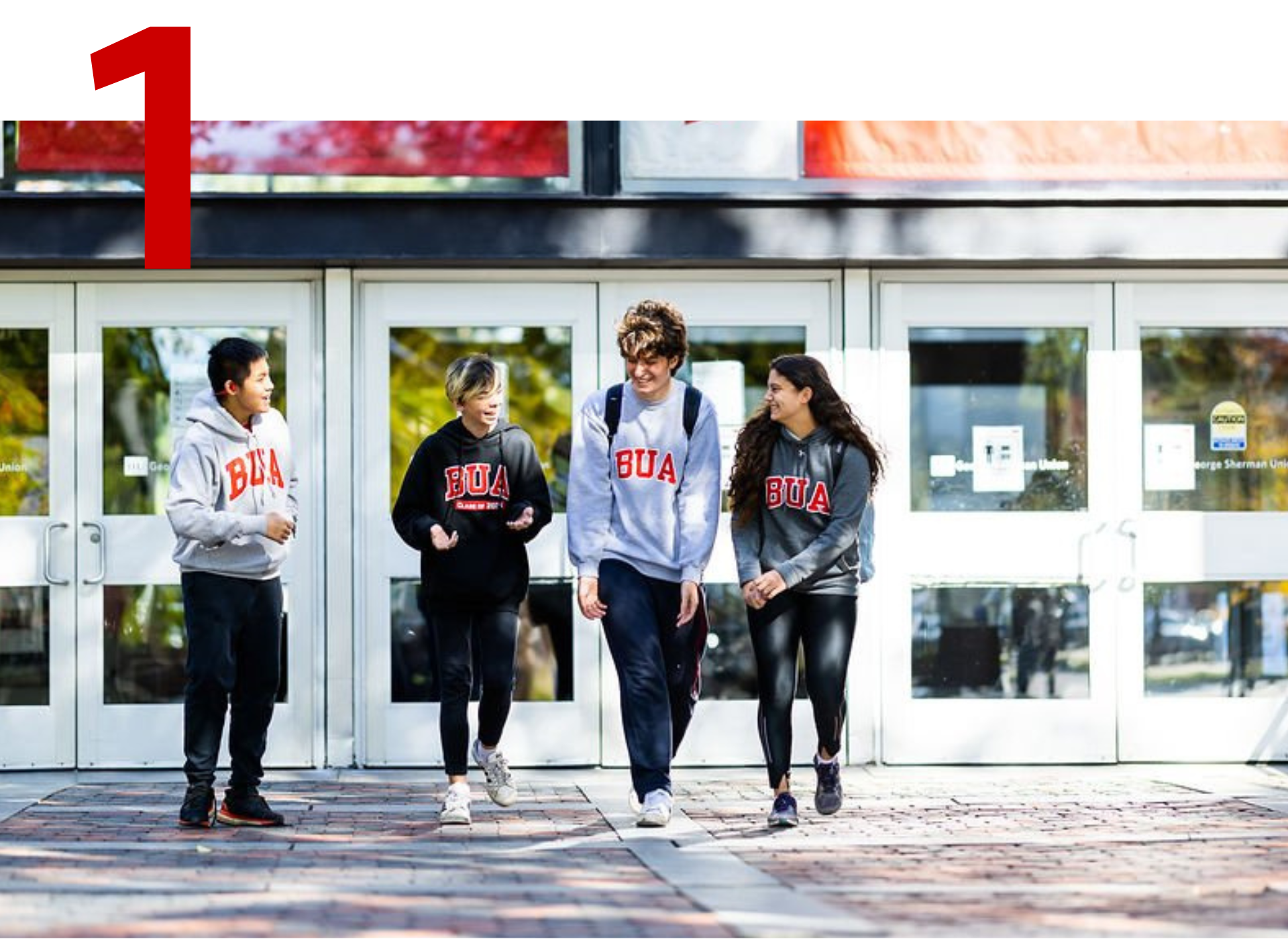
1. Regardless of their Family’s Financial Situation
We will maintain our current commitment to fund every qualified student regardless of their family’s financial situation and grow our resources to ensure that we can continue to do so as our outreach into higher-need communities grows.
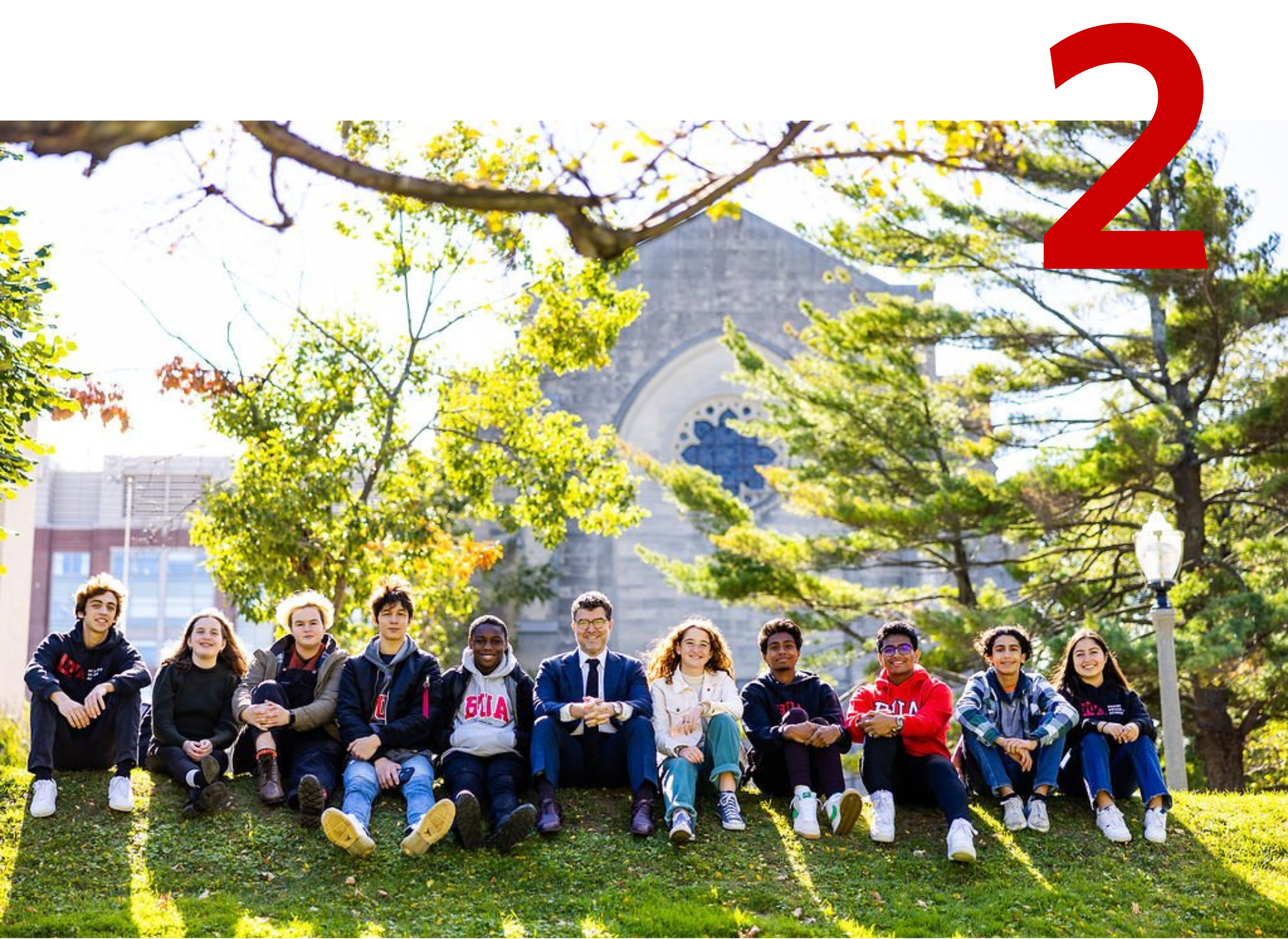
2. Rich Diversity
We will build on our reputation as the Boston-area independent school that best reflects the world our students will go into through enhanced outreach to students and families from historically under-represented backgrounds and programs designed to foster a deep sense of belonging.
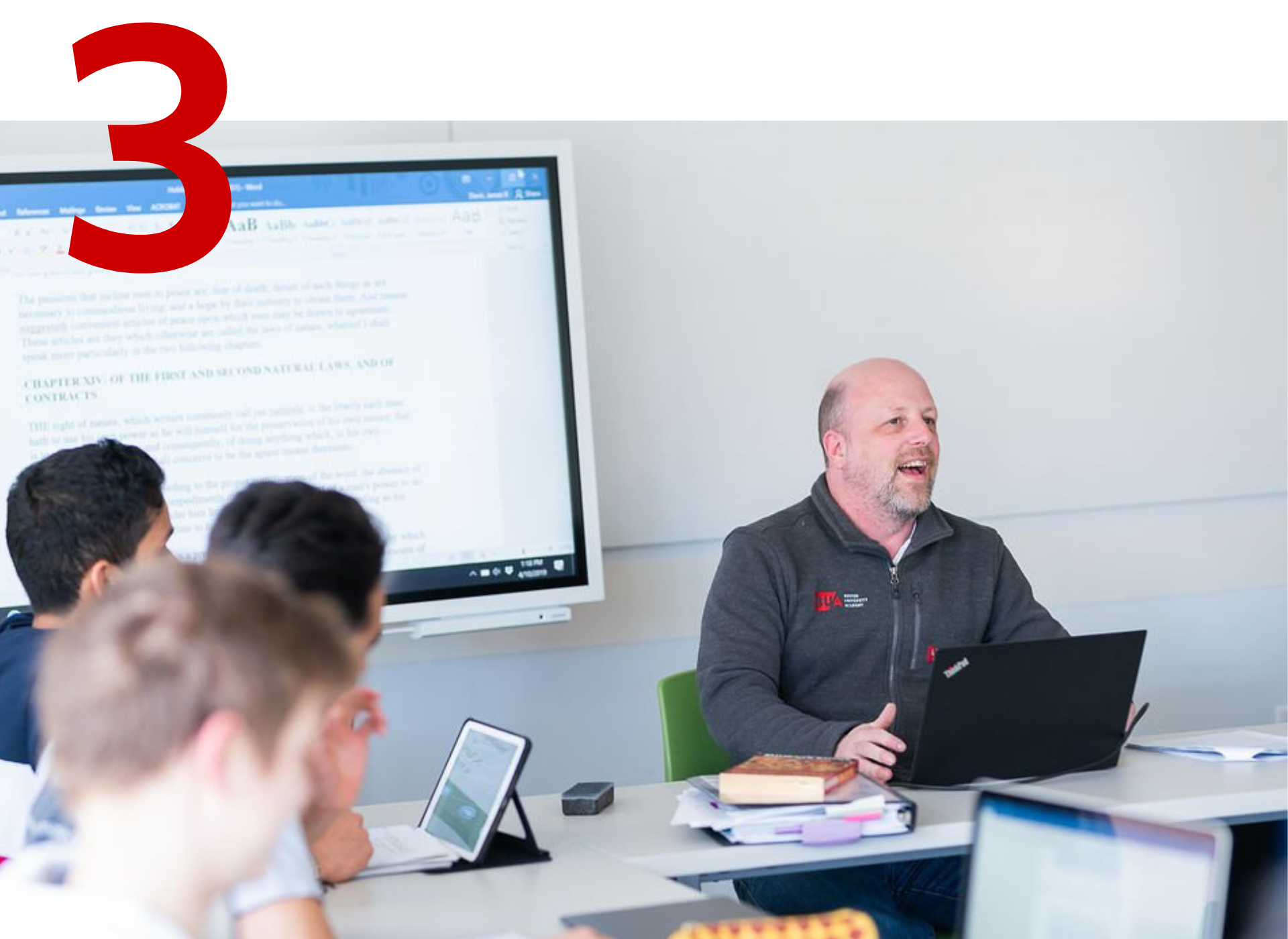
3. World-Class Faculty
We will invest in our most valuable resource and the heart of this school—the teachers—ensuring that we can hire, retain, and provide growth for the people who deliver the program, mentor our students, and will lead the evolution of our curriculum in a new era.
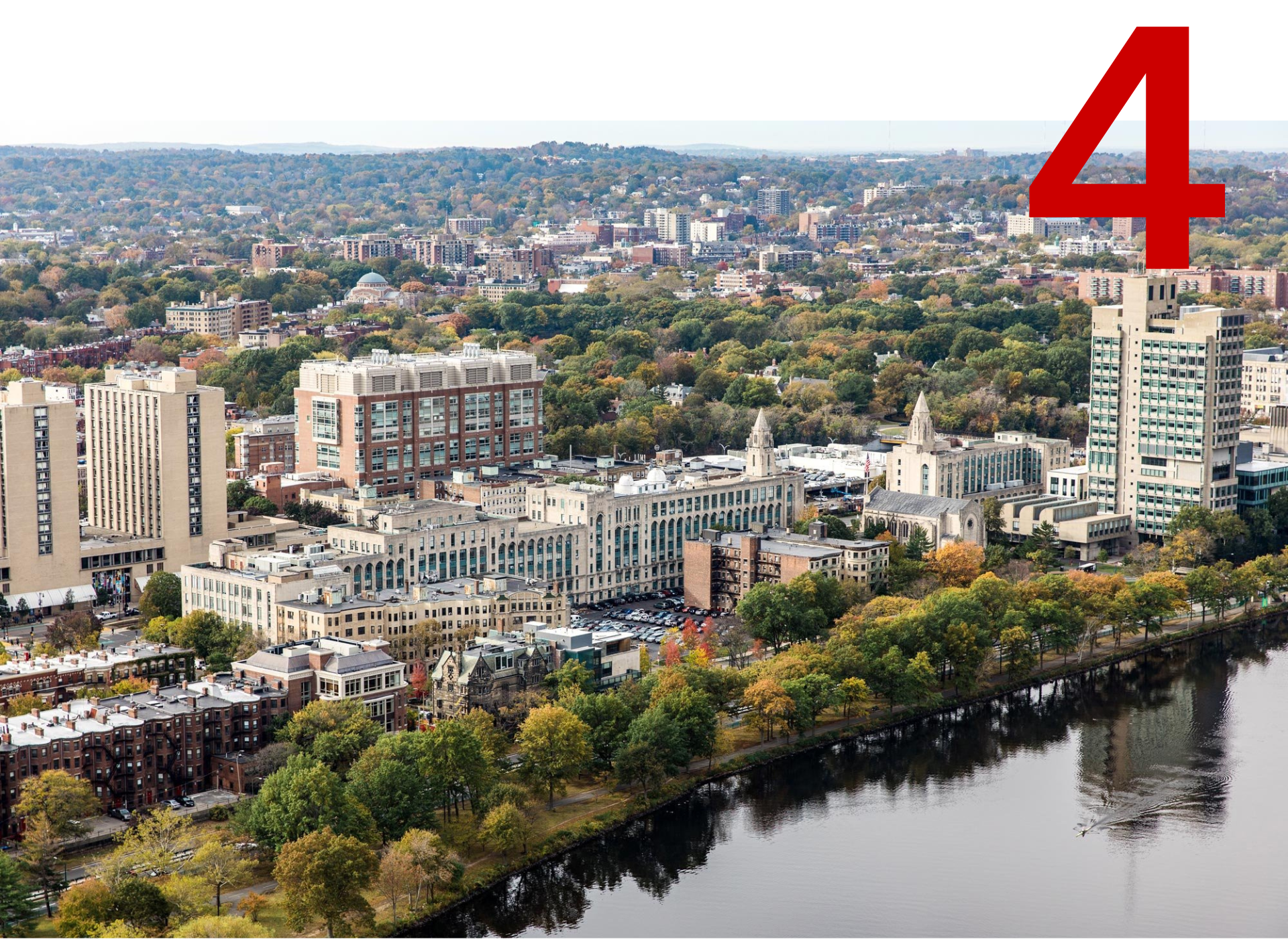
4. The University and the City of Boston
We will deepen learning opportunities for our students not only through University coursework, but by opening doors to schools and interdisciplinary centers across BU and leveraging Boston as an extension of the classroom.
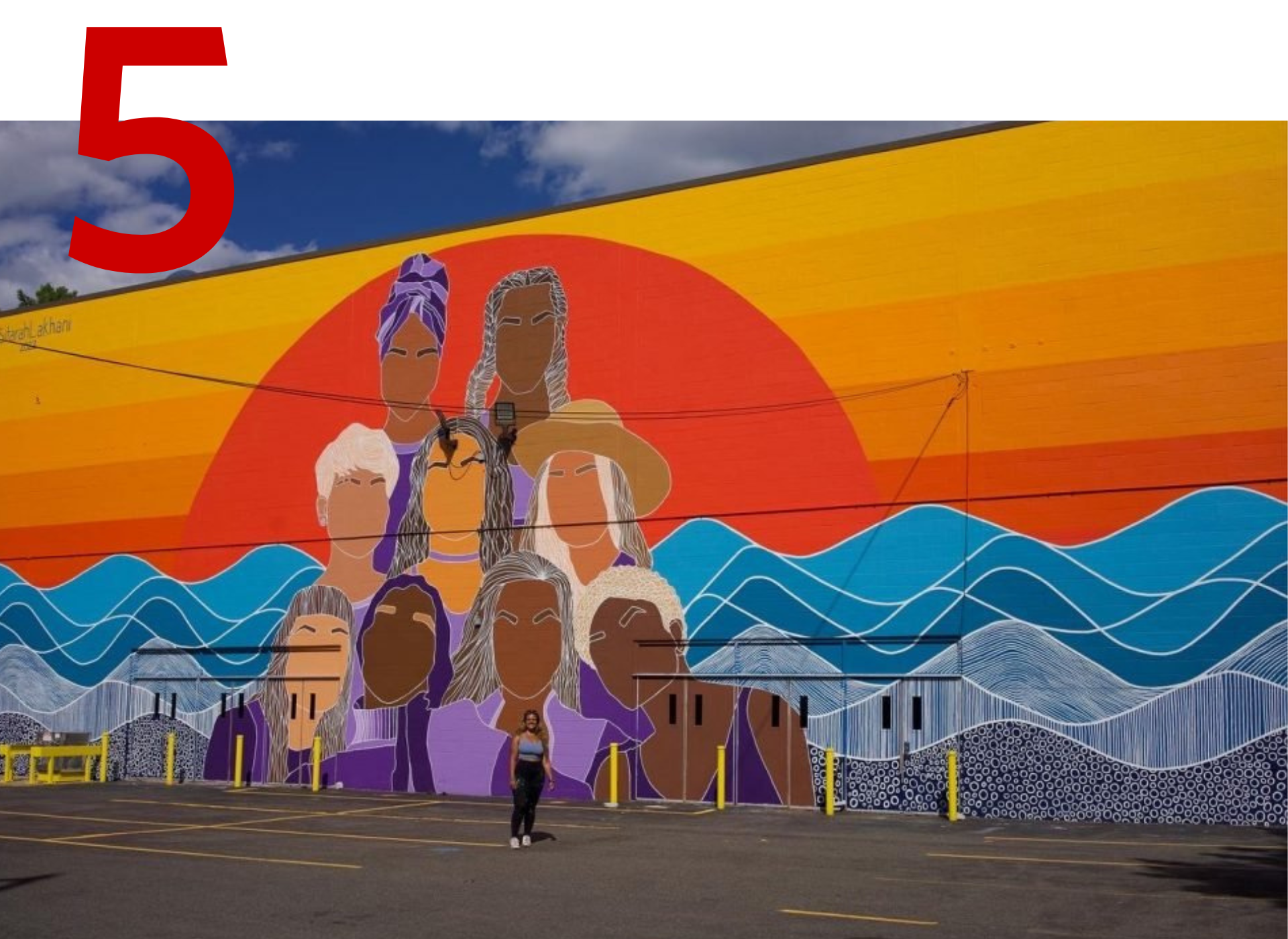
5. Purpose through Research and Action that Matter
We will create avenues for all students to engage in research or take action, large or small, that is personally meaningful and that has a positive impact on others, setting them up for lives of purpose.